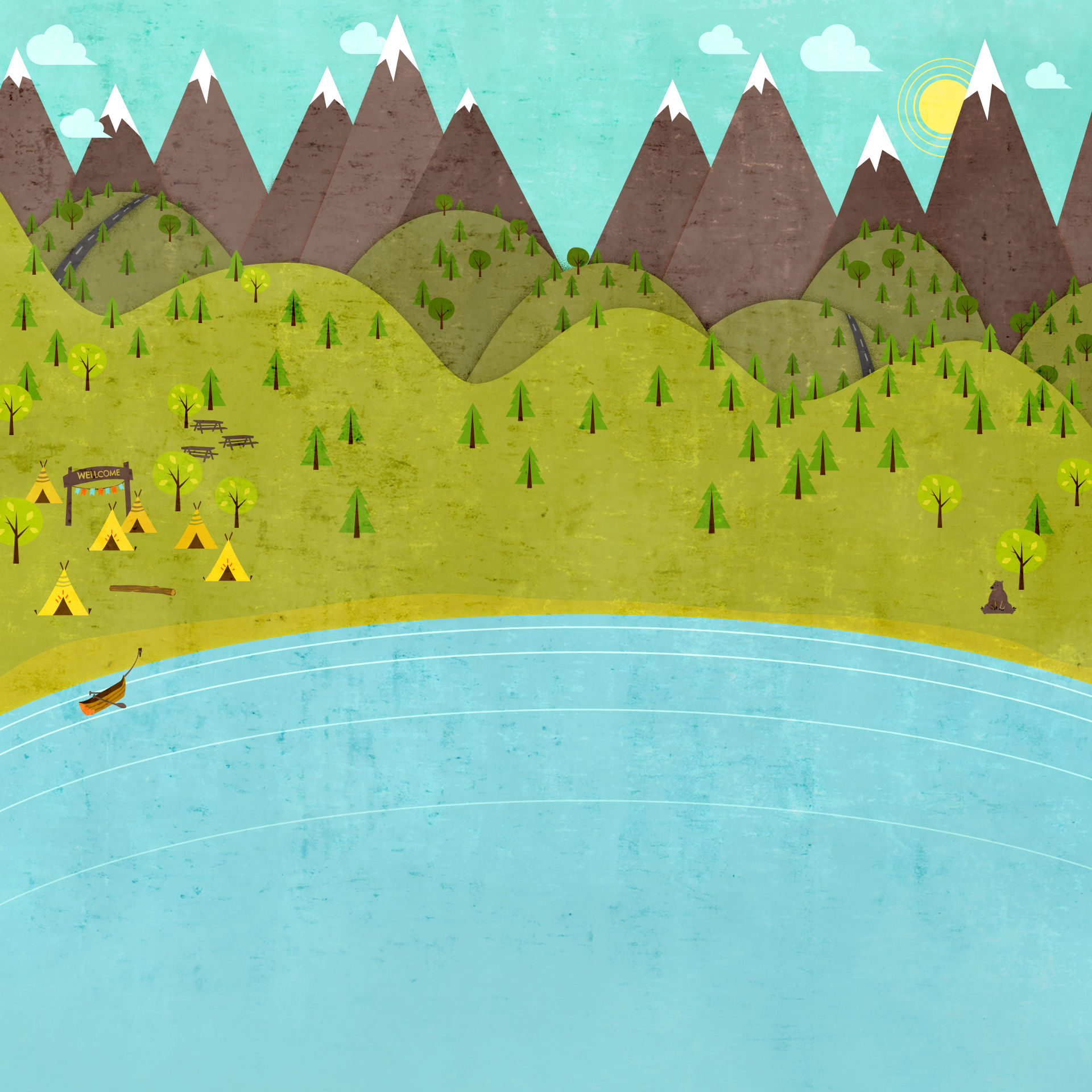
PG Caring Society



PENANG’S BATTLE AGAINST FOOD WASTE
“MAKAN SAMPAI HABIS CAMPAIGN”
Penang Sate began its campaign against wasting food in 2014. This however, is not a standalone effort but part of a bigger overall philosophy and policy on waste minimisation, waste separation at source and diversion of organics from the landfill as well as food security. Penang has been successful in its previous efforts in the recycling of solid waste and has achieved over 25% recycling rate in 2014 as compared to the national target of 22% in 2020.
However, the amount of organic waste discarded at the landfill remains high and makes up to 40-50% of the total waste composition. Penang has been selected by the Climate & Clean Air Coalition (CCAC) in 2014 to implement an organic waste policy to divert organics from the landfill and thus avoiding methane which is identified as a short-lived climate pollutant (SLCP).
The presence of organics in landfills (considered the biggest pollutant) is notoriously known for the generation of methane which is a major greenhouse gas and also leachate. In view of these, many countries in the EU have already imposed such a ban to their landfill as part of their efforts to mitigate global warming.
Waste generated in Penang state wide; is estimated to be about 1,800 tons/day. From this, about 600-800 tons/day are generated from Penang Island and about 400-600 tons/day from SeberangPerai. Others are from private contractor directly disposing their waste at the landfill. All wastes are transported to the PulauBurong Landfill. The landfill is about 33 hectares in total area and it will last only for the next 3 years. The landfill management is now on the process of expanding for another 28 hectares, and it is estimated to last for another 10 years. With this rate of waste generation, landfill will be filled up within 13 years and after that another landfill has to be identified.
From data available for Penang, organic waste constitutes about 40-60 % of total waste and a large proportion of this is from food and garden waste. (See Table 1). In order to expand the life of landfill, it is only prudent to reduce the amount of such waste going to the landfill thereby saving costs in terms of collection, transportation and treatment in the later stage. In order to achieve this, a number of measures must be considered. Prevention of food wastage is one of the major measures considered for reducing waste to landfill. This waste minimisation option is better than having treating it afterwards.
Furthermore, with proper segregation of organic waste at generation point, assuch organic waste could be transformed into useful by-products. Besides, otherdiscards can be easily recycled if they do not come into contact with the wet organic waste portion.
The State plans to increase its effort to process up to 40% of the organic wasteby 2015, through composting or turning organic waste into useable by-products in phases to divert this waste away from the PulauBurong Sanitary Landfill. This would save the local authorities the cost of transfer and transportation and treatment in the long term.
Hence, the “MakanSampaiHabis” or “Appreciate food, Don’t waste” Campaign was mooted to address the issue of food wastage in Penang. The campaign encourages people to not to overcook in the household or over order meals and eating places to prevent unnecessary wastage. Wasted food eventually ends up in the landfill in majority of cases; causing the emission of greenhouse gases when decaying.


